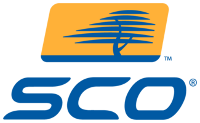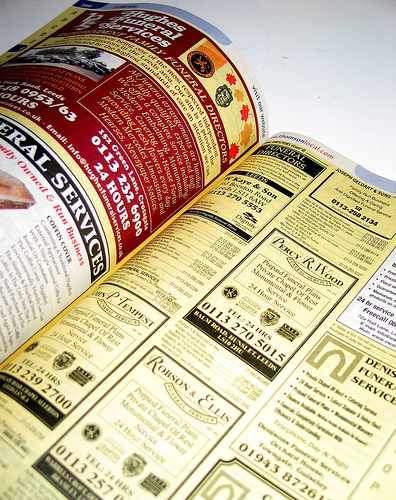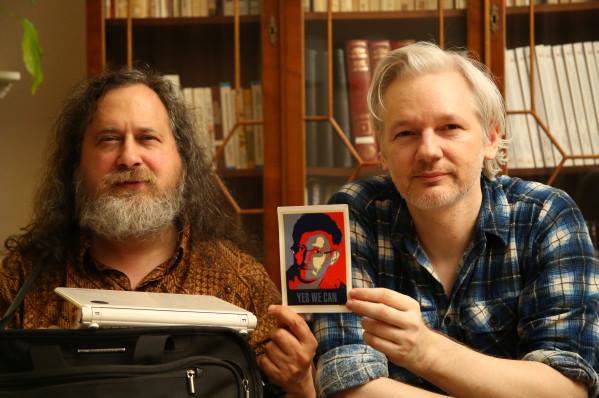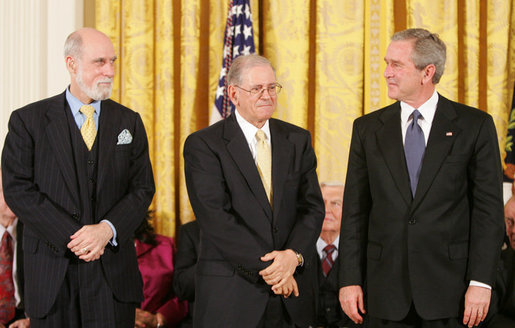 I’d almost forgotten that SCO was still around until PJ at Groklaw reported the company was in the process of switching from Chapter 11 to Chapter 7. In bankruptcy talk that means the company’s stance has changed from we’re-going-to-come-out-of-this-alive to it’s-call-the-priest-for-last-rites-time. The trouble is, this is SCO, so you know it’s not going to be that simple. They’ll come up with some stupid request for the court that confounds logic, which they’ve done.
I’d almost forgotten that SCO was still around until PJ at Groklaw reported the company was in the process of switching from Chapter 11 to Chapter 7. In bankruptcy talk that means the company’s stance has changed from we’re-going-to-come-out-of-this-alive to it’s-call-the-priest-for-last-rites-time. The trouble is, this is SCO, so you know it’s not going to be that simple. They’ll come up with some stupid request for the court that confounds logic, which they’ve done.
If I’m reading PJ right, SCO wants to both eat and have cake, which is pretty much what they’ve always wanted. This time they want to go bankrupt and leave their creditors without a dime but still stick around to continue litagation against IBM for alledgedly giving Linux all sorts of code. Here’s how PJ intreprets what SCO is telling the court:
Christine Hall has been a journalist since 1971. In 2001, she began writing a weekly consumer computer column and started covering Linux and FOSS in 2002 after making the switch to GNU/Linux. Follow her on Twitter: @BrideOfLinux





 I’d almost forgotten that SCO was still around until PJ at
I’d almost forgotten that SCO was still around until PJ at